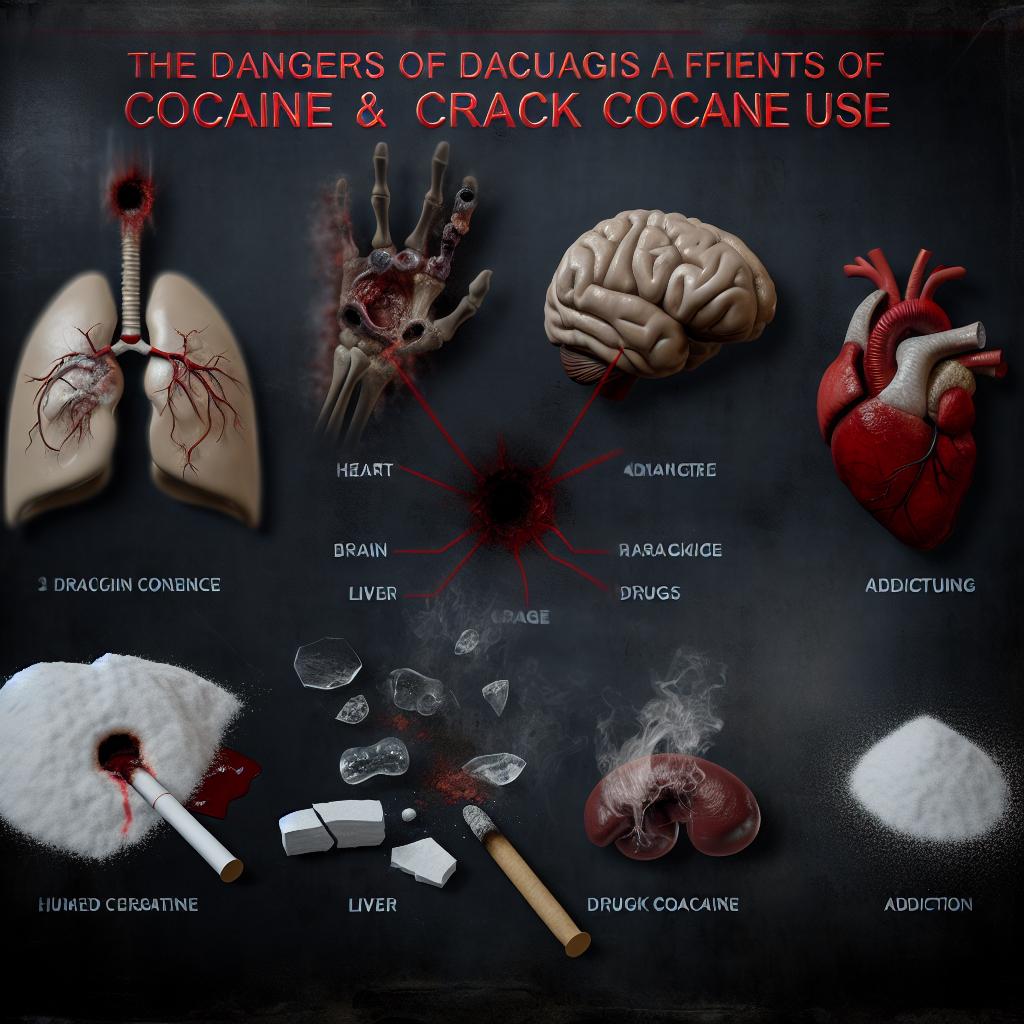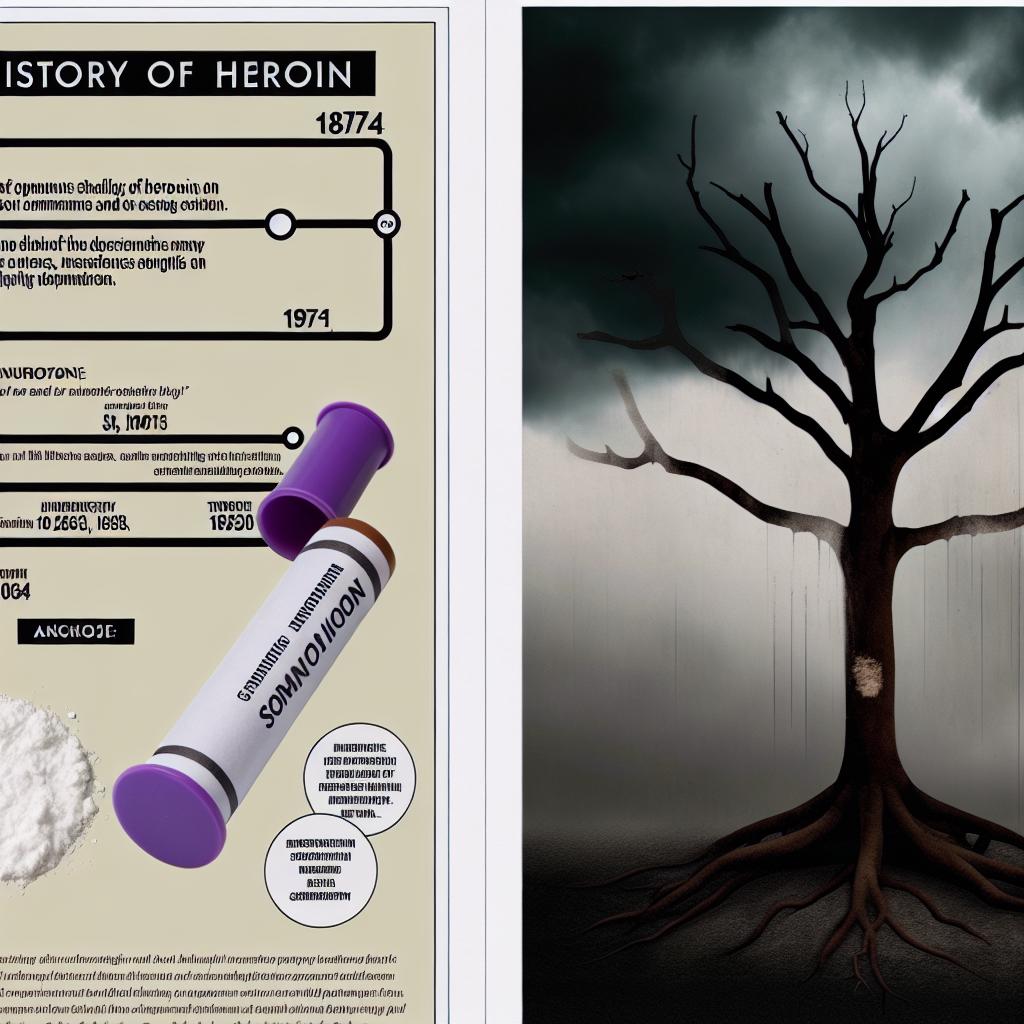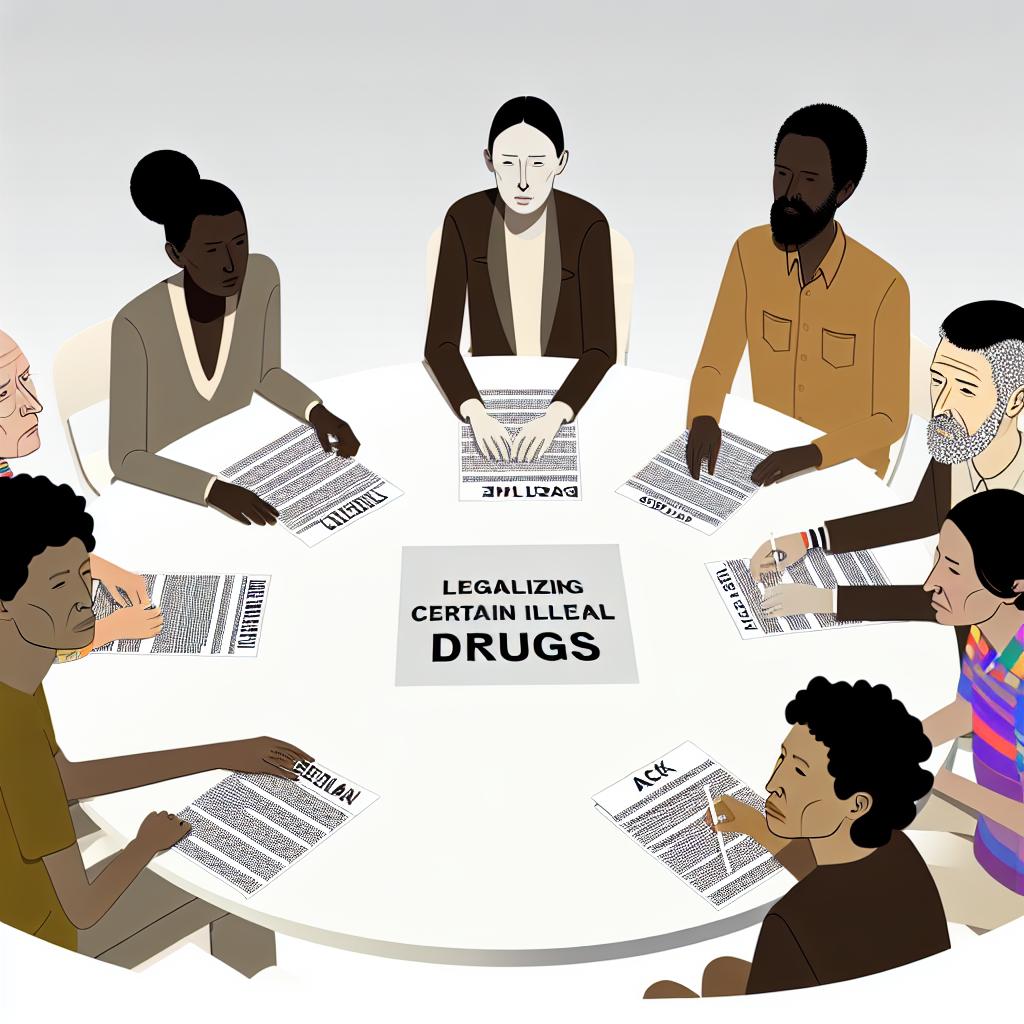Understanding Cocaine and Crack Cocaine
Both cocaine and crack cocaine are potent stimulants with profound effects on the central nervous system. These substances are derived from the coca plant and are chemically related, yet they are used in different ways and often have varying implications for their users. Cocaine often appears in a powdered form, widely consumed through snorting, injecting, or smoking. Contrarily, crack cocaine presents itself as rock crystals, primarily smoked for its intense effects. The allure of both cocaine and crack cocaine stems from the immediate and robust euphoric sensations they produce, which also contributes to their high potential for addiction.
Short-Term Effects
Upon consumption, cocaine and crack cocaine cause rapid elevations in dopamine levels within the brain. Dopamine is a neurotransmitter associated with pleasure and reward, and its increase leads to heightened alertness, energy, and intense feelings of euphoria. However, these fleeting effects are often overshadowed by a range of adverse short-term side effects. Users may encounter an increased heart rate and elevated blood pressure, both of which can lead to severe cardiovascular complications if not managed appropriately. Additionally, the psychological effects can include anxiety or paranoia, which may exacerbate mental health conditions or create new ones. The restlessness and severe depression experienced after the drug’s effects dissipate are significant concerns, as they can contribute to a vicious cycle of repeated use in an attempt to avoid these negative feelings.
Long-Term Health Risks
Chronic use of cocaine and crack cocaine introduces a host of long-term health risks. The stress on the cardiovascular system is considerable, with long-term users facing increased risks of heart attacks and strokes. As the heart works harder under the influence of stimulants, the likelihood of these catastrophic events increases. Neuroscience research indicates that repeated cocaine use can lead to persistent neurological complications. Among these are seizures and severe, recurring headaches, further complicating the health profile of long-term users.
Cognitive impairments are another significant concern. Over time, cocaine can impact brain function, specifically areas responsible for memory, attention, and decision-making. This decline in cognitive abilities can further affect quality of life and exacerbate the cycle of dependence. Mental health conditions such as anxiety disorders, depression, and the ultimate risk of addiction itself are aggravated by prolonged use. These psychological challenges make recovery more complex and highlight the critical need for comprehensive treatment approaches.
Social and Psychological Impact
Beyond physical health issues, cocaine and crack cocaine use carries profound social and psychological consequences. Regular users frequently encounter difficulties in maintaining performance levels in their professional or educational endeavors. The effort and focus that are required for success in work or academic settings often diminish under the shadow of addiction. Interpersonal relationships suffer as well, with strains manifesting in family and social settings due to prioritizing drug use over previously cherished connections.
Financial problems are common, driven by the high cost of sustaining a cocaine habit. The economic burden can be crippling, leading to decisions that may not align with an individual’s typical values or goals. The addiction nature of these drugs propels compulsive drug-seeking behaviors, overshadowing other life priorities and responsibilities. Recognizing the adverse impact on various life aspects underscores the significance of seeking professional treatment for substance use disorders.
Resources and Support
For individuals grappling with addiction to cocaine or crack cocaine or for those caring for someone with such challenges, accessing professional assistance is pivotal. A variety of resources and support systems are available to guide and support individuals through recovery. Counseling and therapy provide psychological support and help address underlying issues contributing to substance use. Medical interventions can also play a crucial role, particularly in managing withdrawal symptoms and preventing relapse.
Organizations such as the Substance Abuse and Mental Health Services Administration (SAMHSA) are critical resources for information and local support options. Utilizing these services can foster a path toward recovery and help mitigate the impacts of addiction. It is vital to acknowledge the dangers associated with cocaine and crack cocaine use and take proactive measures to overcome and address these challenges for a healthier future.







